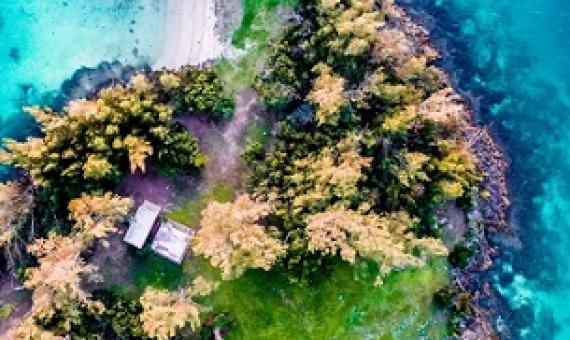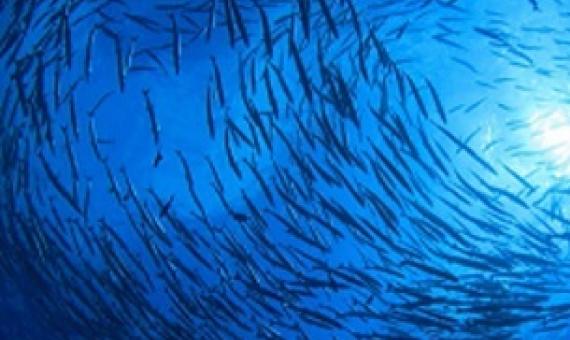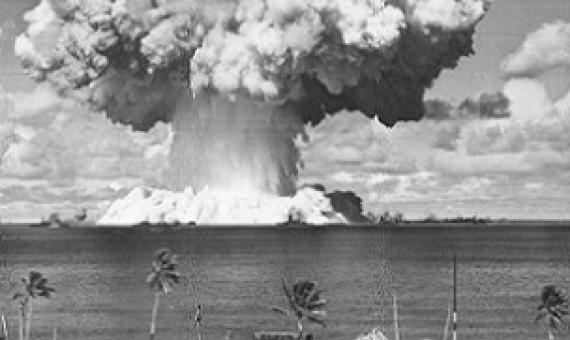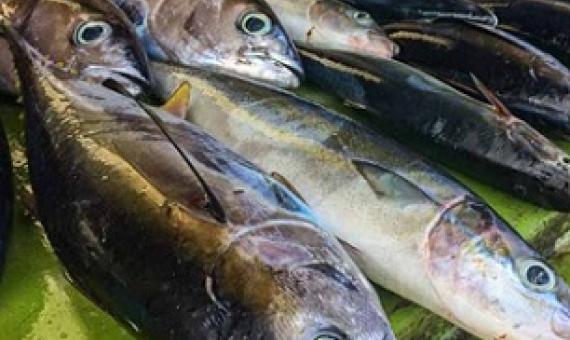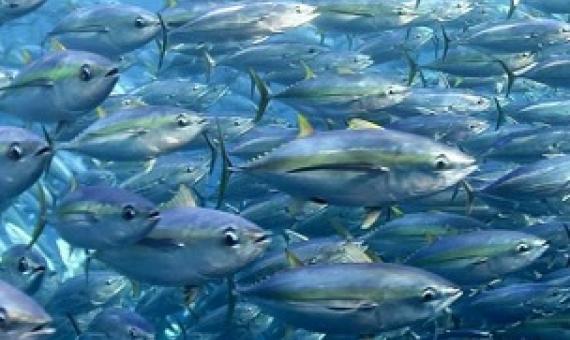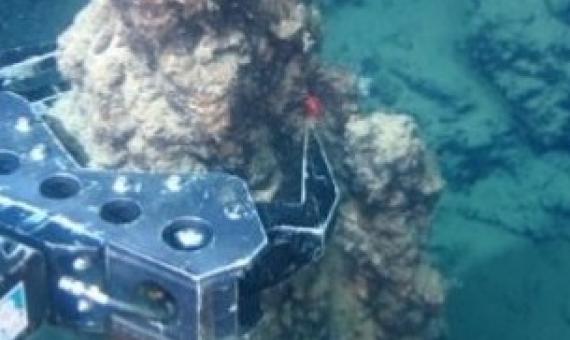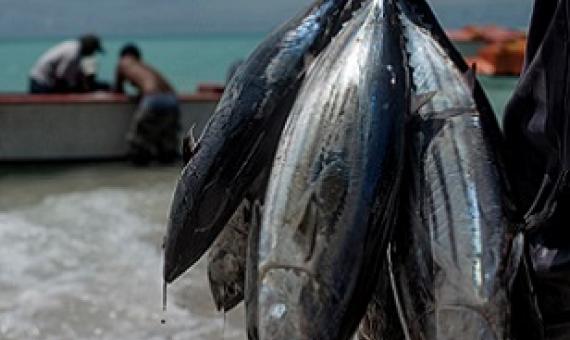The British overseas territories (BOTs) have extremely high levels of biodiversity and support thousands of citizens.
The Important Marine Mammal area Network: A Tool for Systematic Spatial Planning in Response to the Marine Mammal Habitat Conservation Crisis
The Important Marine Mammal Areas (IMMAs) initiative was launched by the Marine Mammal Protected Areas Task Force of the International Union for the Conservation of Nature in 2016, as a response to a conservation crisis in the protection of marine mammals and wider global ocean biodiversity.
“Illegal, unreported, and unregulated fishing is a collection of dishonest fishing practices, both on the high seas and in areas within national jurisdiction,” said U.S. Coast Guard Lt. Cmdr. Jason Holstead, the 14th District Living Marine Resource Officer.
Seventy-five years after the U.S military began using the Marshall Islands as a nuclear testing ground, a new generation fired-up by climate activism is demanding justice.
Amplifying the voices of young Pacific people and addressing their questions and concerns is at the heart of the Teen Tuna Tok campaign, launched this week to mark World Tuna Day (Sunday 2nd May 2021).
World Tuna Day from a professional and personal perspective by *Francisco Blaha, tuna expert, scientist and institutional fisheries advisor. Recent years have seen a power shift, with Pacific Islands Nations gaining greater control and revenue returns from their Tuna fisheries.
Pacific civil society groups have written to the British government seeking support on calls for an international deepsea mining moratorium.
They control the richest tuna waters on the planet, an area of the Pacific roughly one-and-a-half times the size of the United States. But 10 years ago, eight island states in whose waters most of the world’s canned tuna is fished were seeing almost none of the profits.
Gender equality is diluted in commitments made to small-scale fisheries
Gender equality is a mainstream principle of good environmental governance and sustainable development. Progress toward gender equality in the fisheries sector is critical for effective and equitable development outcomes in coastal countries. However, while commitments to gender equality have surged at global, regional and national levels, little is known about how this principle is constructed, and implemented across different geographies and contexts. Consequently, progress toward gender equality is difficult to assess and navigate.

